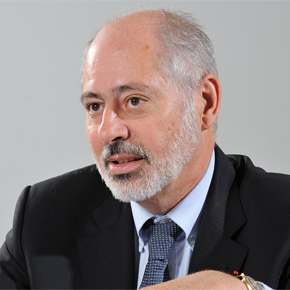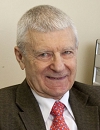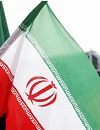 |
||
|
Russian Convicted of Passing Military Secrets RIA Novosti, PUBLISHED May 20, 2012 Sverdlovsk regional court on Friday sentenced an employee at a Russian defense firm to eight years in prison for passing secrets on the latest Russian weapons to a foreign intelligence service, the press service of the court reported. Topics: Russia Other news: Bulgaria registered project company for Kozloduy-7 It is fully belonged now to the Kozloduy NPP. Bushehr to Begin Operations in 2012 - Rosatom We want to put it into commercial production at the end of this year. Japan Starts Work to Shut Down Last Reactor The company will stop power production at the Tomari nuclear power plant's third reactor. |
Hero of the day 
Jacques Repussard: knowledge, independence, proximity They told me: "Mr Repussard, we're not used to responding to anti-nuclear organisations". To which I replied: "We will not reveal any state or trade secrets, but we will not leave them without any answer". INTERVIEW
Georgy Toshinsky OPINION
Dmitry Kosyrev |

